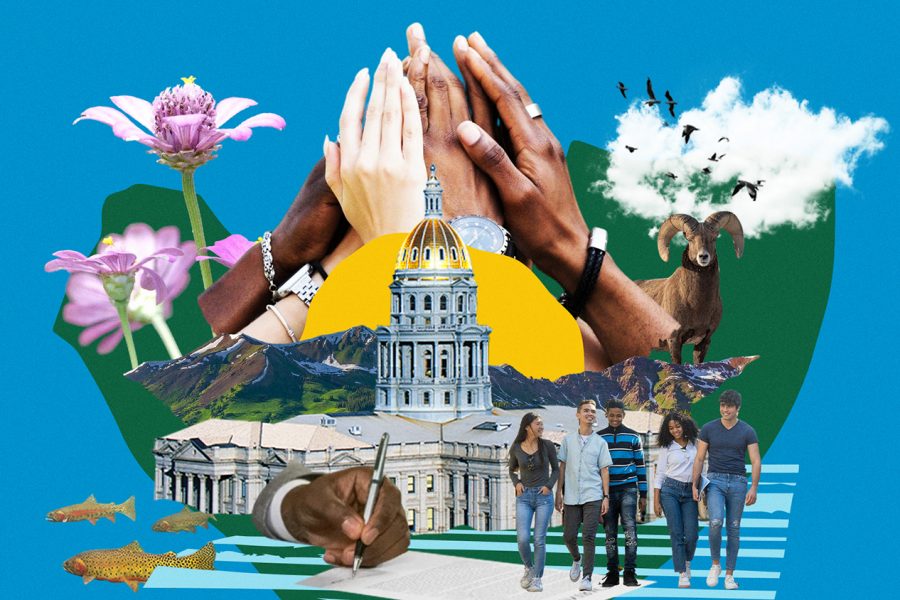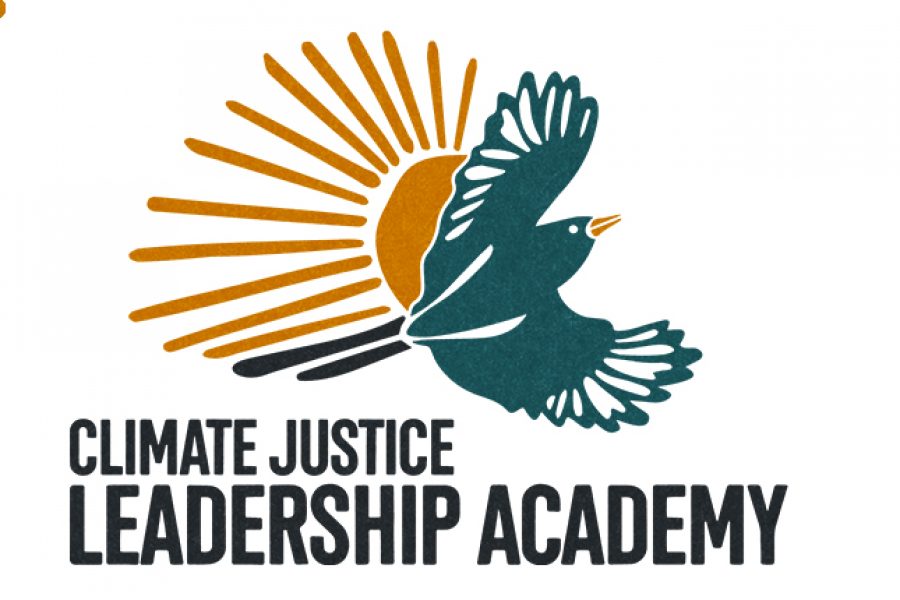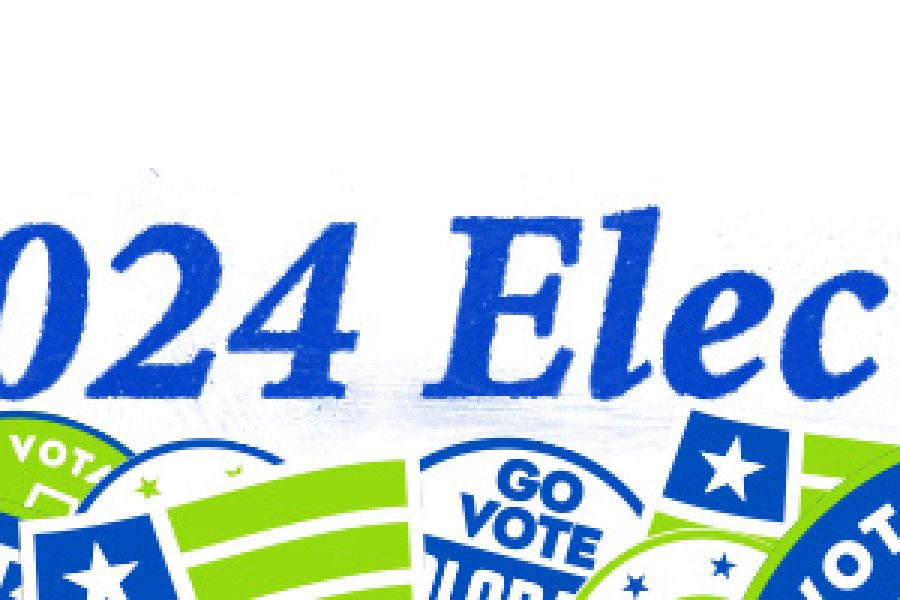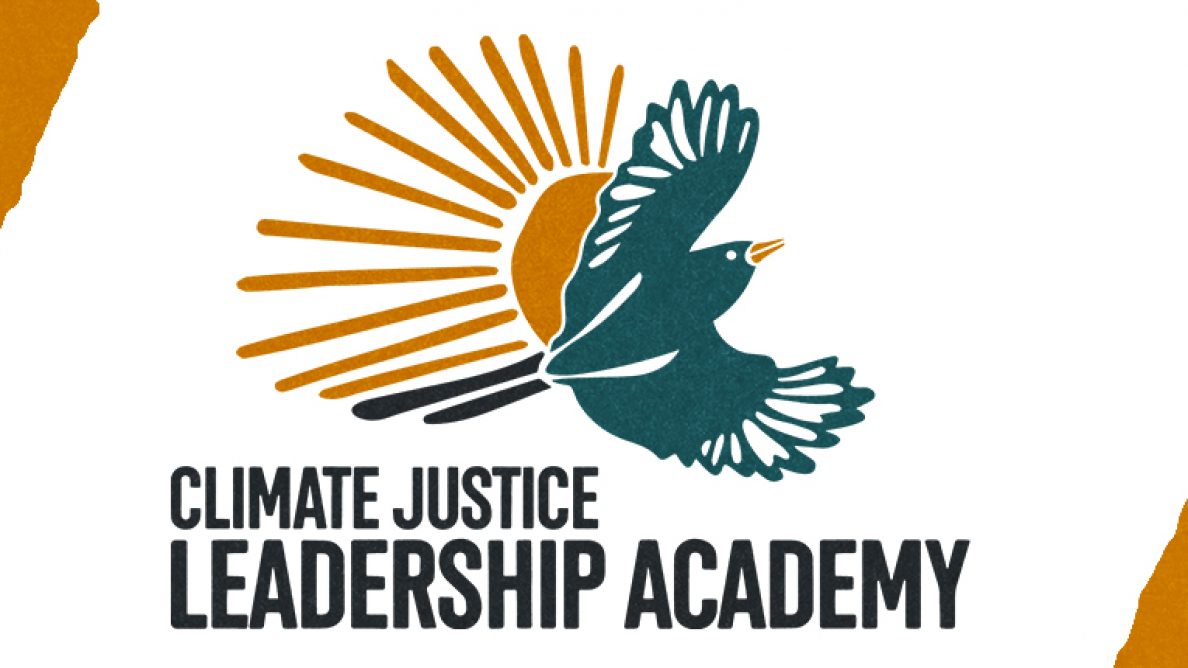Blog
Latest Posts
Boards and Commissions Fellowship
The Climate Justice Leadership Academy is shaping the future of environmental leadership in Colorado. We are proud to introduce the second cohort of our Boards and Commissions Fellowship—a group of 20 fellows from the heart of our communities—who are learning how to serve on local and state boards and commissions.
Get emails from us Join the Fight
You are the driving force behind our work! Keep up with news and opportunities to advocate for policies that benefit all Coloradans, build leadership that looks like Colorado and strengthen our collective power.






